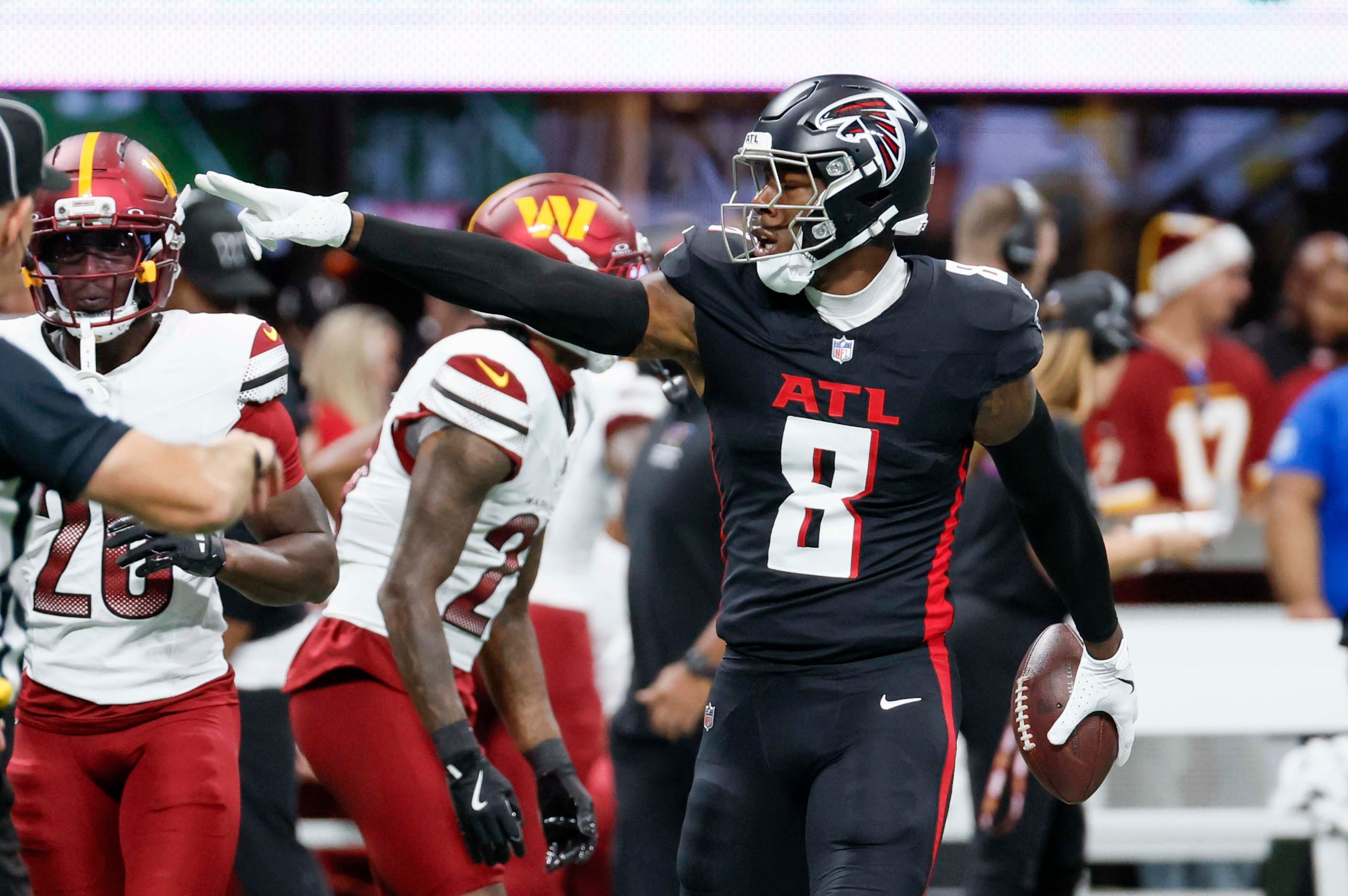NFL lets Falcons off easy for violating tampering rules

The NFL let the Falcons off easy. That’s not because their anti-tampering policy violations are egregious. Quarterback Kirk Cousins already had agreed to sign with the Falcons for $100 million guaranteed, so what’s the harm in the two parties talking before it’s official? Prohibiting that is silly.
The Falcons got off easy because of league precedent and their own history of flouting the rules. The penalties for tampering with free agents were harsher in the past. The Falcons are repeat rules breakers. I figured those factors would motivate the NFL to bring the hammer down.
Instead, the league announced Thursday that it docked the Falcons a fifth-round draft pick in 2025 for tampering. The NFL also fined the team an amount ($250,000) that Arthur Blank can find in his couch cushions. Terry Fontenot can’t do the same to pay his fine ($50,000) and he has one less draft pick to work with. The GM might be feeling the most pain from this fiasco.
But it could have been a lot worse for Fontenot and the Falcons, given the circumstances. The league found the team guilty of violating anti-tampering rules regarding not only Cousins, but also free agents Darnell Mooney and Charlie Woerner (they also ended up signing with the Falcons). Also, it’s not clear if the NFL considered the full scope of the team’s violations during its investigation.
In a statement, the league said the Falcons acknowledged that they discussed “travel arrangements or other logistical matters” with the three free agents. During the news conference, Cousins said he talked to director of player personnel Ryan Pace and members of the training staff during the prohibited period. I’m skeptical that Cousins was coordinating travel and logistics with a senior football executive and team trainers.
The NFL apparently accepted the story about travel itineraries. That’s another data point to suggest the Falcons got off easy. There’s also their recent history of not following the rules. This is the second time in six months that the NFL punished the team for major violations.
In December, the league fined the Falcons $75,000 and former coach Arthur Smith $25,000 for violating injury-reporting rules. The Falcons failed to disclose that running back Bijan Robinson was ill on the day before and the day of their Week 7 game against the Buccaneers. Robinson played only 11 snaps and touched the ball once.
Transparency about injuries is necessary to prevent any one team from gaining a competitive advantage. Nondisclosed injury information also creates inside information that can be leaked to gamblers. The penalties for violating injury reporting rules should be harsher than those for tampering.
The NFL’s rules enforcers don’t see it that way. They penalized the Falcons more for the tampering violation, but it still was a slap on the wrist. The Chiefs weren’t so lucky.
In 2015, the league found that Kansas City violated the “improper contact” rule with free agent Jeremy Maclin. The NFL docked the Chiefs a third-round pick in 2016 and a sixth-round pick in 2017. The league fined the team $250,000, coach Andy Reid $50,000 and then-GM John Dorsey $25,000.
All draft picks have value. Third-round picks have a lot more value than fifth-round picks. The Falcons found a gem in Grady Jarrett during the fifth round of the 2015 draft. But the odds are low that a player like Jarrett will be picked that late. The hit rate is much higher for players selected in the third round.
The Falcons paid a price for violating the senseless tampering rules. The NFL permits teams to speak to player agents in the two days before the start of the league year, but not free agents (unless self-represented). This paradoxically named “legal tampering” period should be eliminated.
Until that happens, teams must follow the rules. The Falcons didn’t do that with Cousins. In a statement, the team said they cooperated fully with the NFL’s investigation of free agent tampering.
“As we do with every process, we will review how we operate and look for ways to improve,” the Falcons said
One way the Falcons might do that is to brief the free agents they sign about the tampering rules so they don’t publicly admit to violating them.
I remember thinking it sounded a lot like tampering when Cousins was talking to reporters about his courtship with the Falcons. But I figured that couldn’t be that because Cousins was openly and cheerfully divulging the information. I looked for signs of panic from Falcons football communications VP David Bassity, but he didn’t seem concerned.
Surely, it was all on the up-and-up. It turns out it was not. Word leaked the next day that the NFL was investigating the Falcons for tampering. The league concluded that they did break the rules. Then it let the Falcons off easy.



